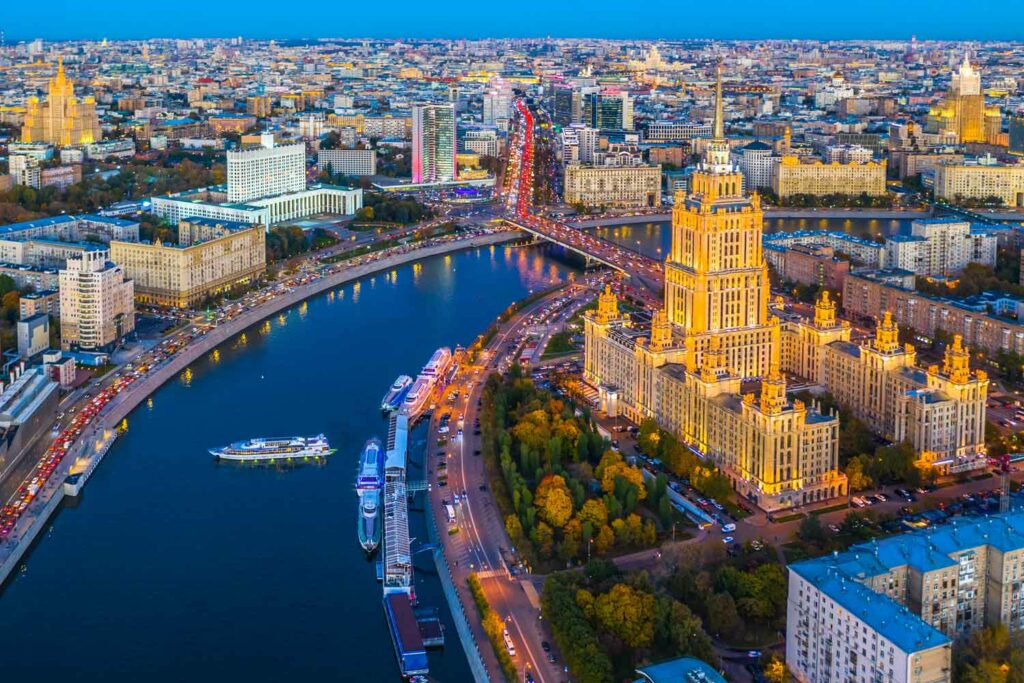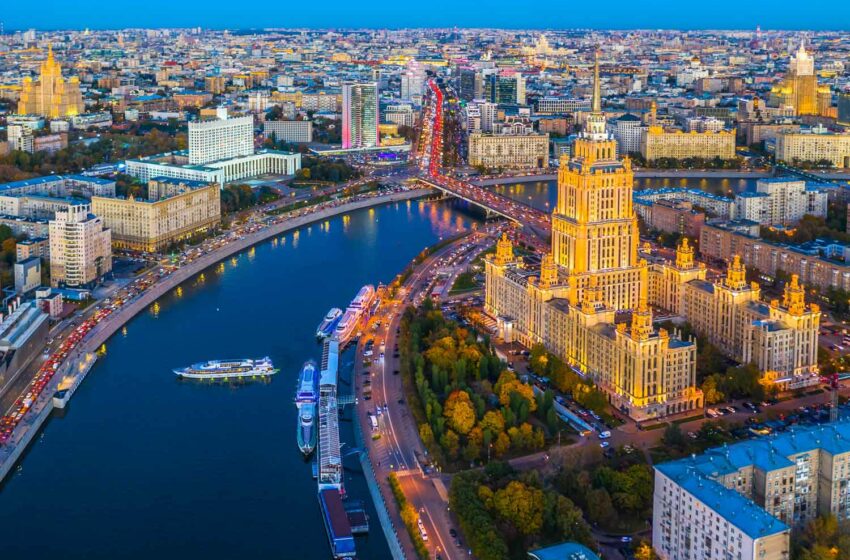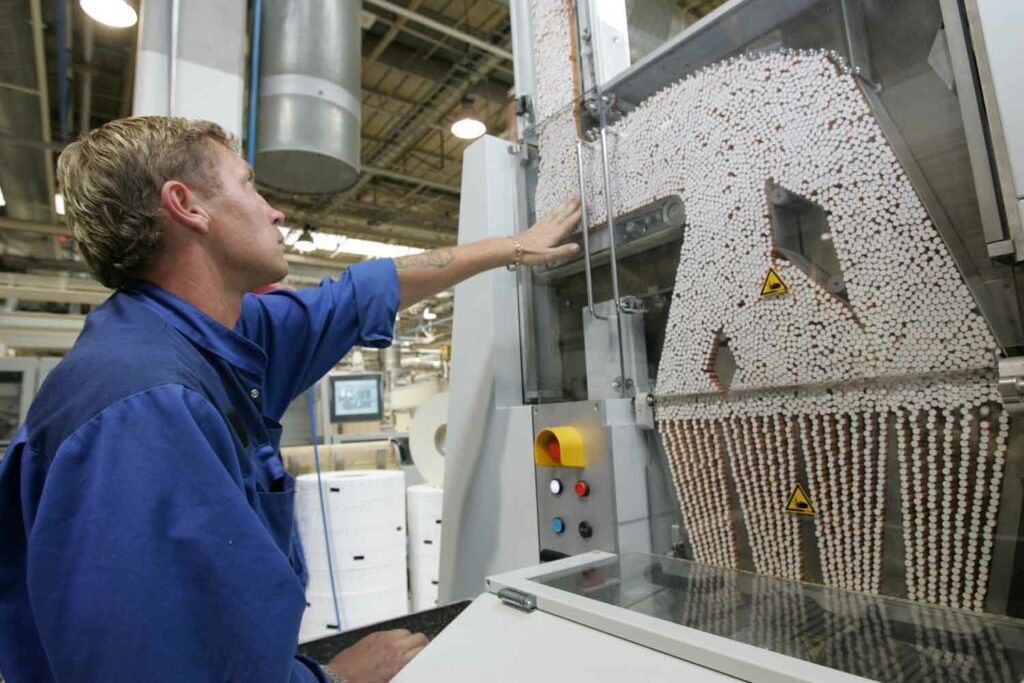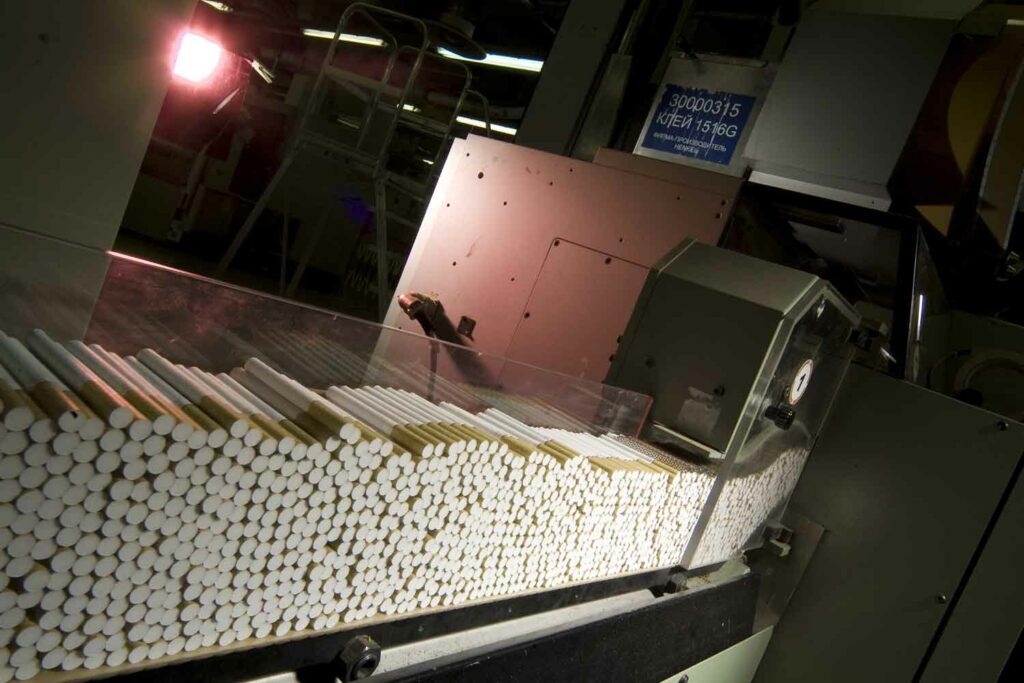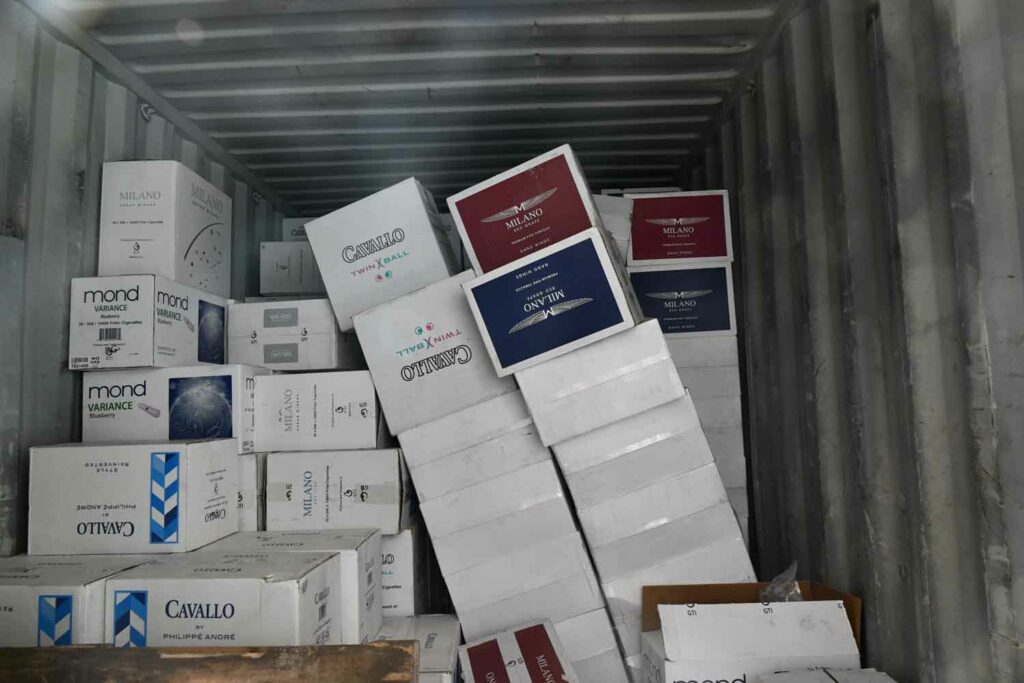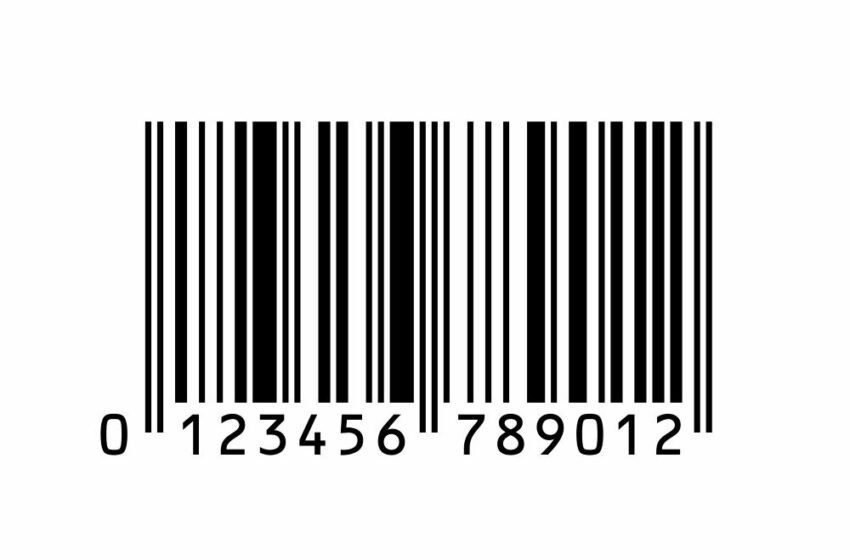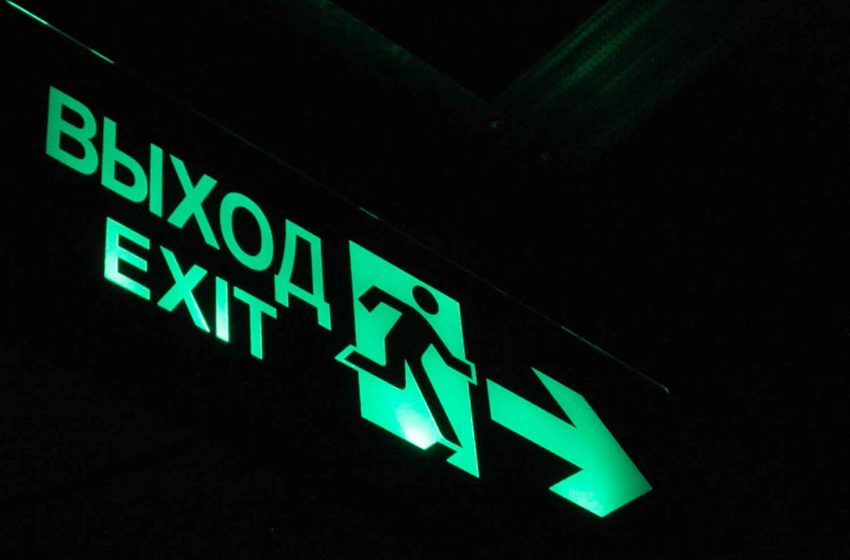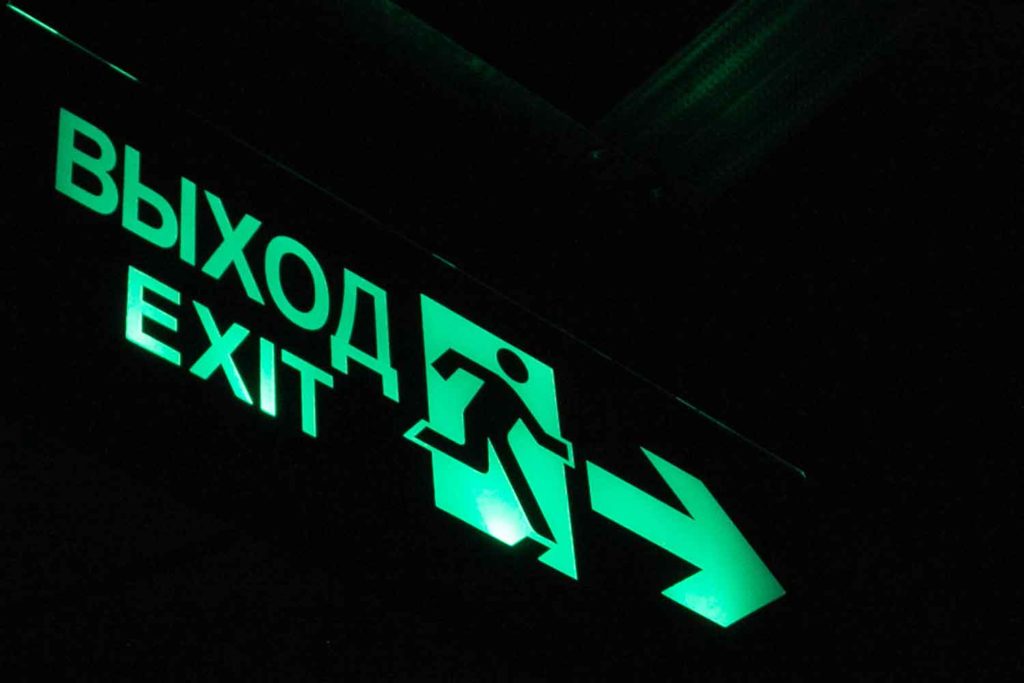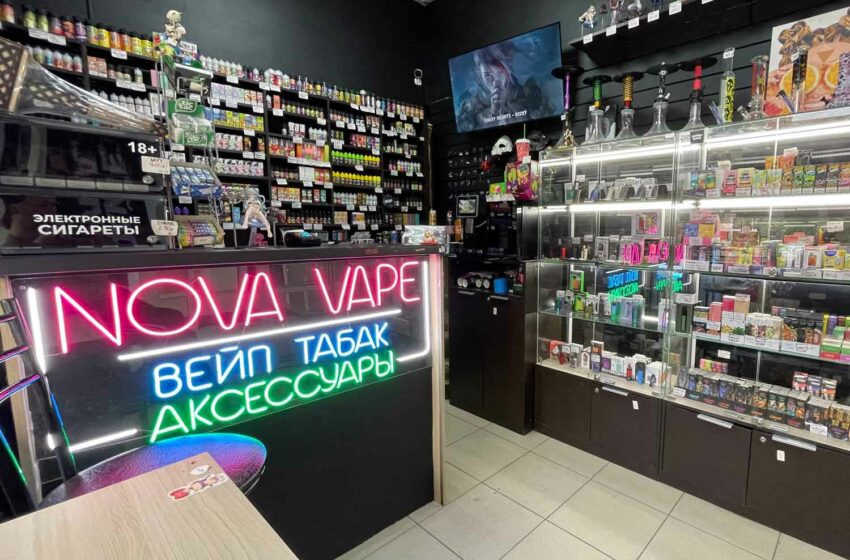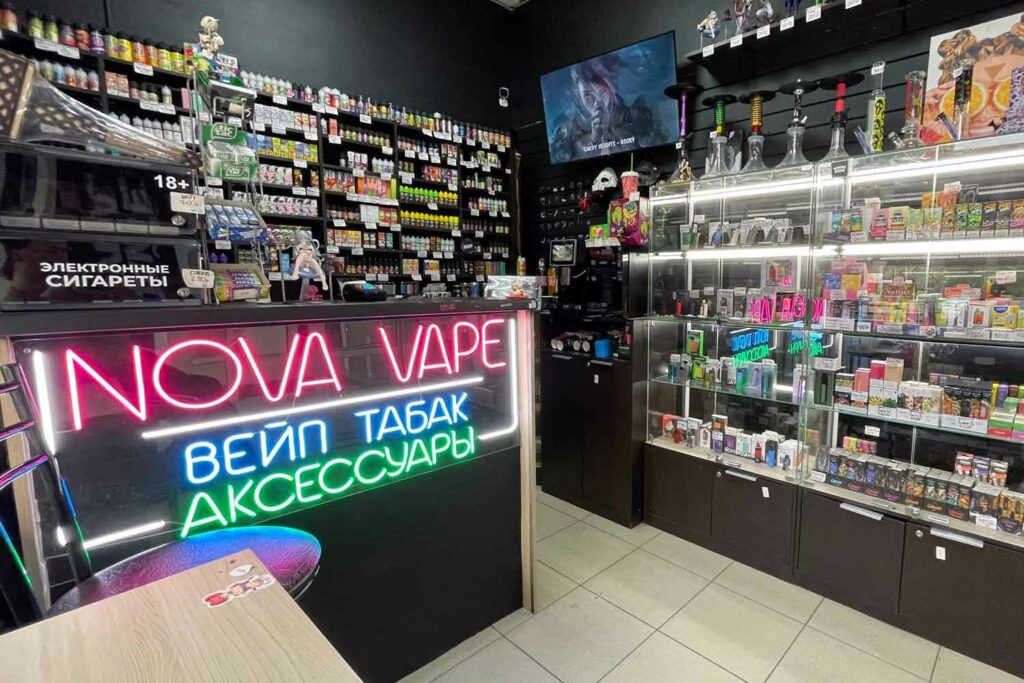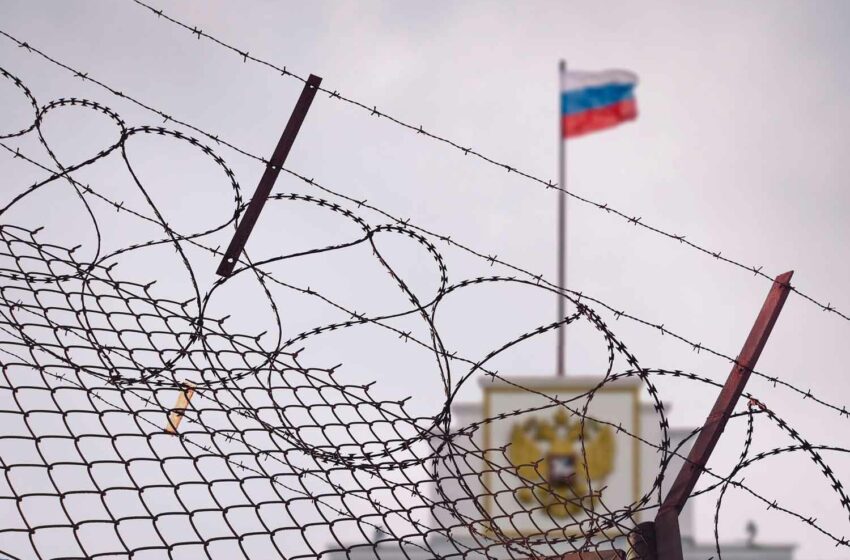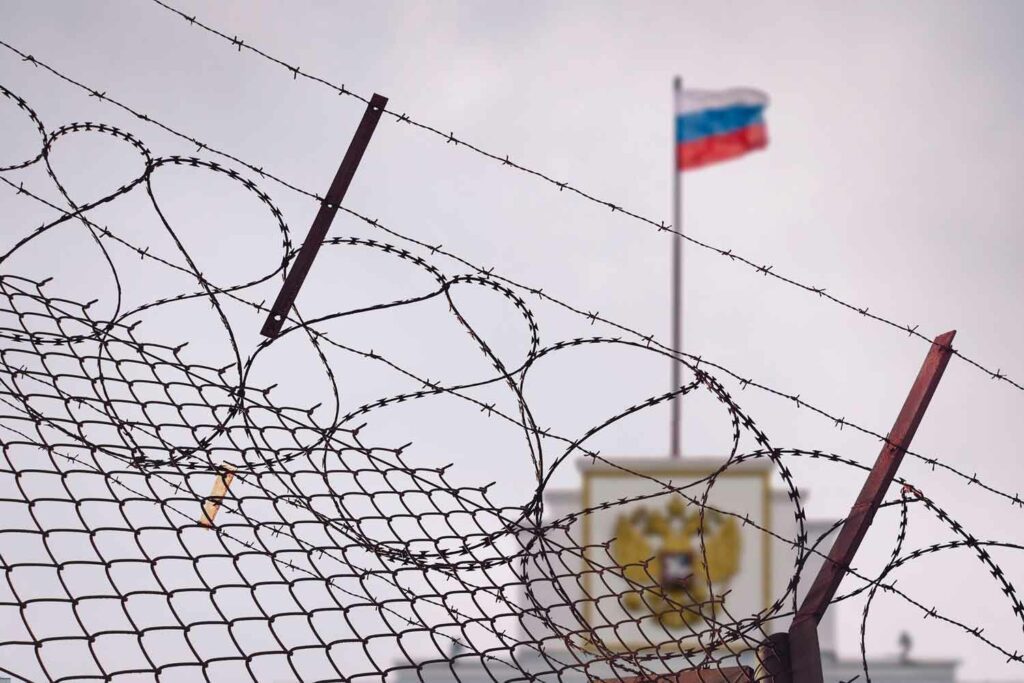E-cigarettes enjoy booming popularity in the CIS region—but not among lawmakers.
By Vladislav Vorotnikov
A meteoric rise in the popularity of vapes in Russia, Belarus, Ukraine and Kazakhstan is pushing the governments to act. Severe measures up to a complete ban are on the table in many markets, but the looming risks of black market expansion prevent the authorities from hustling moves.
As of March 1, 2024, selling flavored vapes will be illegal in Russia, according to a draft government decree.
Among the additives due to be banned are vanilla, spices, ginger, cinnamon and sweeteners along with caffeine, guarana and taurine, which increase energy and mental and physical performance.
No matter whether the measure will come into force, the end of the anti-vape campaign in Russia is nowhere in sight. In October 2023, a bill altogether banning selling vapes in the country was tabled in the Russian Parliament.
The bill was originally prepared two years ago and has recently been resubmitted by lawmakers, Yaroslav Nilov, a member of State Duma, the lower chamber of the Russian Parliament, stated.
“We realize that the ban means certain lost revenues, but the health of citizens is more important, so we will strive to make the ban real,” Nilov commented.
Restrictive measures against selling vapes are easily being circumvented by unscrupulous sellers in Russia, the lawmakers said in an explanatory note to the bill, referring to the law prohibiting selling vapes and e-cigarettes to customers below 18 years, which came into force earlier in 2023.
In addition, the Russian government now struggles to ban selling vapes through the internet. In November 2023, it was disclosed that a Russian regulator seeks to close 250 online stores selling such products. These efforts have gained little traction so far.
Russian authorities are not alone in the CIS region in their vaping crackdown. In July 2023, the idea of banning all forms of e-cigarettes was put forward by the Youth Parliament of Belarus, a public organization designed to raise future lawmakers.
In July 2023, a Kazakhstan government commission hammered out a recommendation to prohibit selling e-cigarettes, liquids and vape flavors, though no concrete timeframe for the measure to come into force has been disclosed yet.
Again, potential harm to the health of the citizens has been cited as the primary rationale behind the initiative.
“The harm of vaping is undeniable,” Nurgul Tau, deputy of the Kazakh Majilis, the lower chamber of the Kazakh Parliament, said, emphasizing that the Health Ministry had been advocating the prohibition on selling vapes since 2021.
Ukraine is the only country in the CIS region where a ban on selling vapes and e-cigarettes has already been put into place.
The idea of banning vapes has been brewing in the Ukrainian Verkhovna Rada, the national Parliament, for the past few years. Retailers and tobacco companies urged the authorities to consider alternative options, including partial restrictions, but the legislators appeared to be adamant about banning vapes.
A Booming Market
Public discussions about banning vapes in the post-Soviet area have been spurred by a skyrocketing rise in sales in the past few years.
In 2022, the Russian market of single-use vapes has nearly tripled, NielsenIQ, an international consultancy, estimated without providing concrete figures. Companies operating in this segment saw their revenues rise by about 350 percent.
Between 2018 and 2021, the Russian vaping market expanded by a factor of 50, estimated an alliance of participants of the electronic nicotine-delivery systems market. Last year, the sales were nearly RUR250 billion ($2.5 billion).
The scale of the market boom can be seen with the naked eye. While in 2021, only 7 percent of tobacco stores sold vapes, by May of 2022, this figure reached 35 percent, NielsenIQ said. Another study indicated that at the beginning of 2023, the number of stores selling vapes in Russia was equal to that of conventional tobacco products.
The picture is similar on the neighboring markets. Since 2020, sales of vapes in Kazakhstan jumped by a factor of 300 times, the Kazakh finance ministry estimated.
In Ukraine, the state budget collected UAH2 billion ($55.6 million) from the companies selling vapes, calculated Yuri Suptel, head of the Ukrainian Vaping Association. In 2023, this figure was projected to reach UAH5 billion, but the actual figure will be much lower due to the ban that came into force in July.
Over the past few years, nearly 1 million Ukrainian smokers “migrated” to vapes, so the restrictions will be quite painful for a large number of customers, Suptel estimated.
Time for the Black Market
Ukrainian retailers have largely ignored the government ban on vapes imposed in July, local press reported, showing numerous pictures of tobacco stores selling vapes after the restrictions were enacted.
Since August 2023, the black market of vapes has been flourishing in Ukraine, Suptel said, estimating that smugglers illegally delivering vapes to Ukraine from neighboring countries earn around UAH500 million per month.
“In the shadow market, it is impossible to ensure compliance with the laws that regulate the sales of cigarettes, electronic devices and other tobacco products. For example, the access of minors to nicotine products is not limited. The National Police of Ukraine must fight this phenomenon. But unfortunately, they simply do not have enough resources,” Suptel admitted.
“We hope that the government and members of the parliament will think about the absurdity of the ban and make the right decision,” Suptel added.
The risk that the ban will push the entire vape market underground is believed to be one of the key reasons why Kazakhstan is not rushing to implement the restrictions.
“I’m sure that our deputies, due to their naivety or bias, will ban vapes eventually. In a year or two, we will come to the point where this ban will have to be lifted,” commented Dmitry Zhukov, executive director of the QazSpirits Ale, a local vaping company.
It is one thing to ban a product that is difficult to import into the country and challenging to make and entirely another to ban vapes, which “any schoolchild can assemble on his knee,” Zhukov said.
Currently, Kazakhstan companies selling vapes have no plans to curtail their activities, even if the ban gets a green light. They explained that the demand on the market is not likely to be affected. On the other hand, when the entire market moves underground, there will no longer be a need to pay excise fees, according to Zhukov.
Russia would lose RUR38 billion per year in tax revenue from a ban on vapes while the black market is going to flourish, reaching RUR500 billion to RUR600 billion in annual sales, calculated Dmitry Vladimirov, head of the Union of Enterprises of the Industry of Nicotine-Containing Products.
“Significant losses of the Russian budget in such a difficult geopolitical situation, the growth of the black market, and the rising number of deaths due to the use of counterfeit products are just the tip of the iceberg [Russia will face],” Vladimirov stated.
In the countries that opted to ban e-cigarettes, their illegal sales skyrocketed by a factor of 200 to 300, Vladimirov estimated.
Russia analysts also pointed out that the black market of vapes will find itself on fertile ground as illegal sales of conventional tobacco products still exist in the country, especially in the provinces remote from Moscow. This business is doing well and even growing despite the government’s efforts to take it down, and there are reasons to believe that the ban will only buttress it.
Production Perks Up Despite Uncertainty
While all countries in the region are primarily importing vapes, there are signs that local production is also on the rise.
“The industry could develop under the balanced control of the state; some operators, for example, planned to start producing such products on the territory of Ukraine, contribute to the economy through exports, help GDP growth [and] create jobs,” Suptel said.
However, even if the ban is removed now, it will take time for the market players to reconsider their plans, owing to high uncertainty about the legal status of this business, according to him.
Some capacities for producing e-cigarettes are being established in Russia, though the lion’s share of the sold products still comes from China.
One local publication wrote about an entrepreneur who managed to earn RUR90 million in one year, investing a relatively small amount of money into the production of vapes. On the other hand, most vape manufacturers prefer to keep a low profile. One possible reason is that some plan to continue operations when the ban is enforced.
